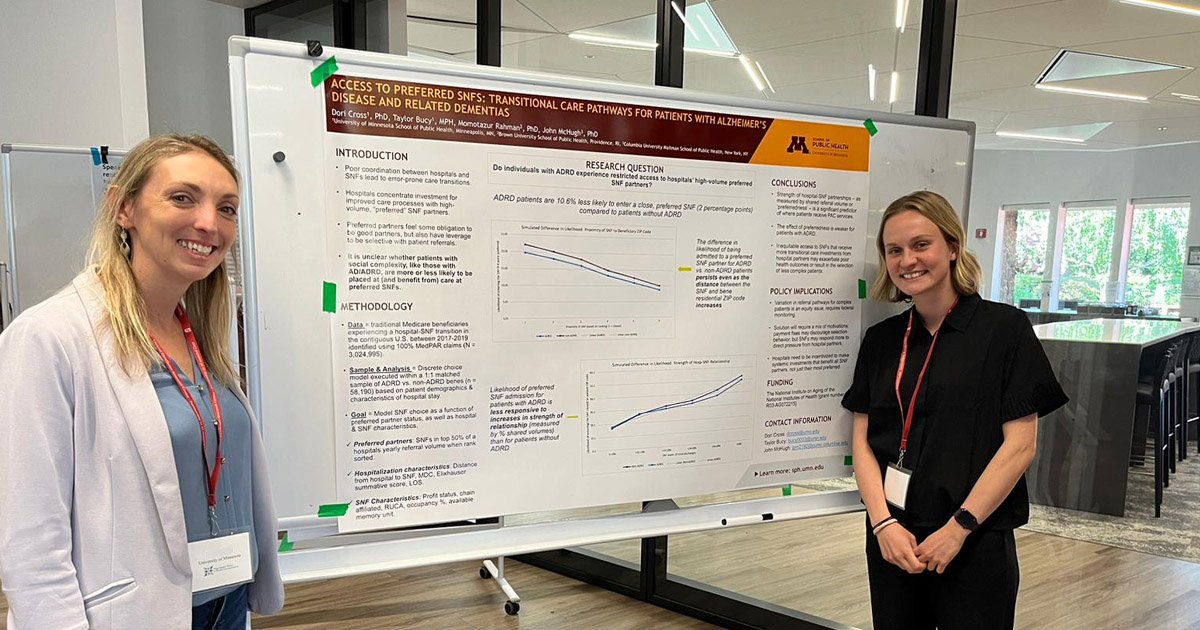"My vision for an antiracist school is one that is really intentional about how courses are designed and ensures that experts of color and experts from marginalized backgrounds are having their work incorporated into our syllabi."
First, I’d like to know a little bit about you as a person. Where did you grow up? Where did you attend undergrad and what was your degree/area of study? [Taylor] I grew up in Eugene, OR and completed my undergraduate degree in health studies at Portland State University (PSU) in Portland, OR. I then received my MPH in health management and policy at the OHSU-PSU School of Public Health.
What drew you to public health? OR How did you become interested in public health? OR What was that moment in your life when you decided you wanted to study public health?
[Taylor] I completed my undergraduate coursework with the expectation of going to medical school, but I ended up spending a gap year working in an academic health system. That is when I realized that I was more interested in why people were showing up at the hospital and where they went after their stay, and less about personally providing direct patient care. I always knew that I wanted to eventually get my master’s degree in public health, and I decided this was the right time to pivot.
What specific issue, problem, or area of research in public health do you care the most about and why? [Taylor] Most of my research is focused on long-term care and long-term services and supports for older adults. Some of that work focuses on policies around post-acute and community-based care, provider relationships, and care transitions. I’m especially interested in the care experiences of older adults with serious mental illness.

Are you currently involved in any public health research or professional work? [Taylor] I’m currently involved in a few projects. They include research on serious mental illnesses in nursing homes, the Minnesota Assisted Living Report Card, and acute to post-acute transitions for Medicare patients with Alzheimer’s disease and dementia.
Why did you choose to come to the U of M School of Public Health? [Taylor] On the last in-person visit day for doctoral programs (pre-COVID lockdown), I flew out to Minneapolis to visit SPH. I really liked the environment and the opportunities available here. It just felt right. And I got to meet a lot of people who are now my friends and peers!
In what ways is the school a good fit for you? [Taylor] SPH has a really robust research program in aging and long term care, and that piqued my interest. I also knew that there were a lot of diverse research areas I could dip my toes into, and that I would have a multidisciplinary approach to my coursework. That was a big determining factor for me.
What is your vision for an antiracist school of public health? [Taylor] My vision for an antiracist school is one that is really intentional about how courses are designed and ensures that experts of color and experts from marginalized backgrounds are having their work incorporated into our syllabi. I think reading work and learning from a diverse set of scholars is important for the growth of our students and faculty.
What do you like about being in Minnesota? [Taylor] The summers are very nice! I also like the diverse set of outdoor activities in the winter, like cross country skiing. I did things living here that I probably would have never done if I lived someplace else.

